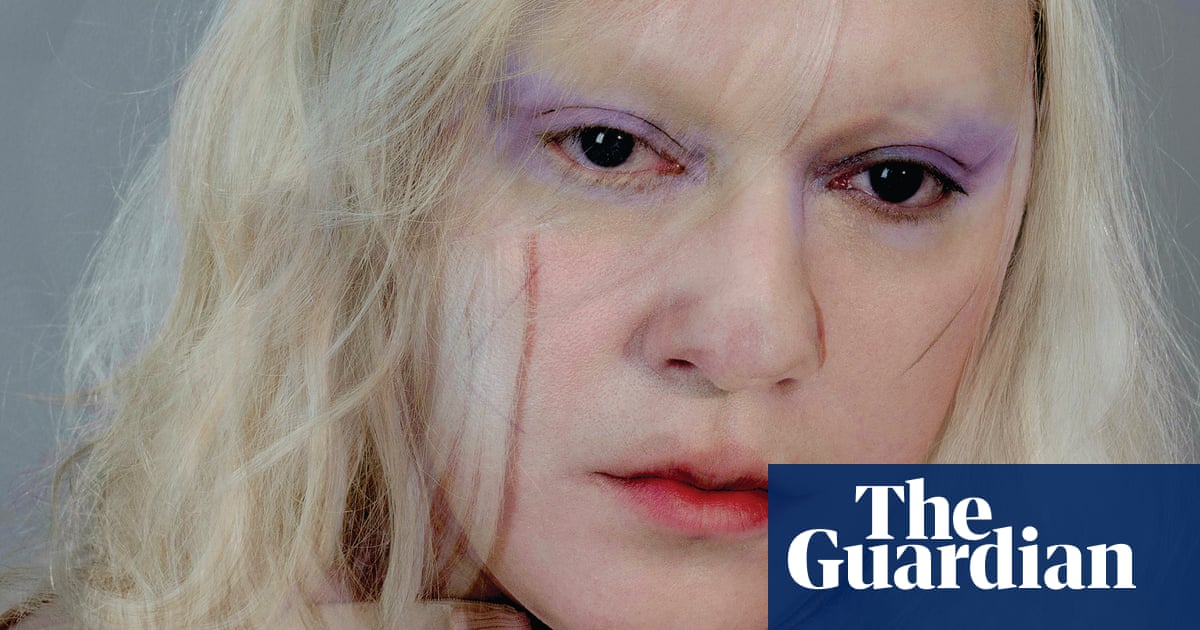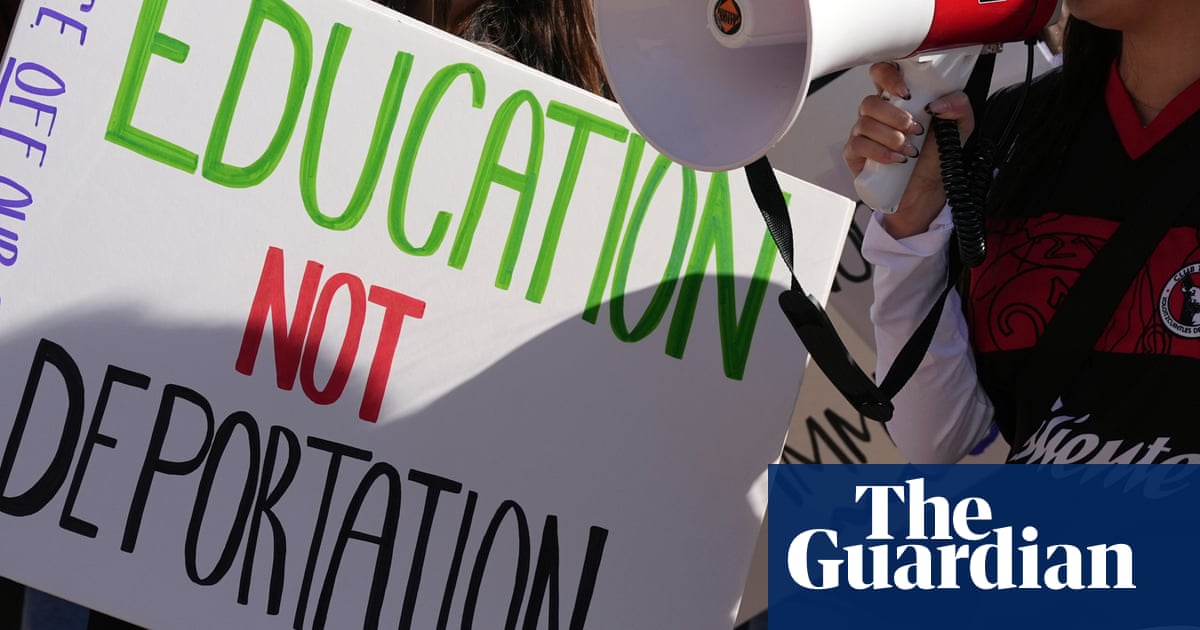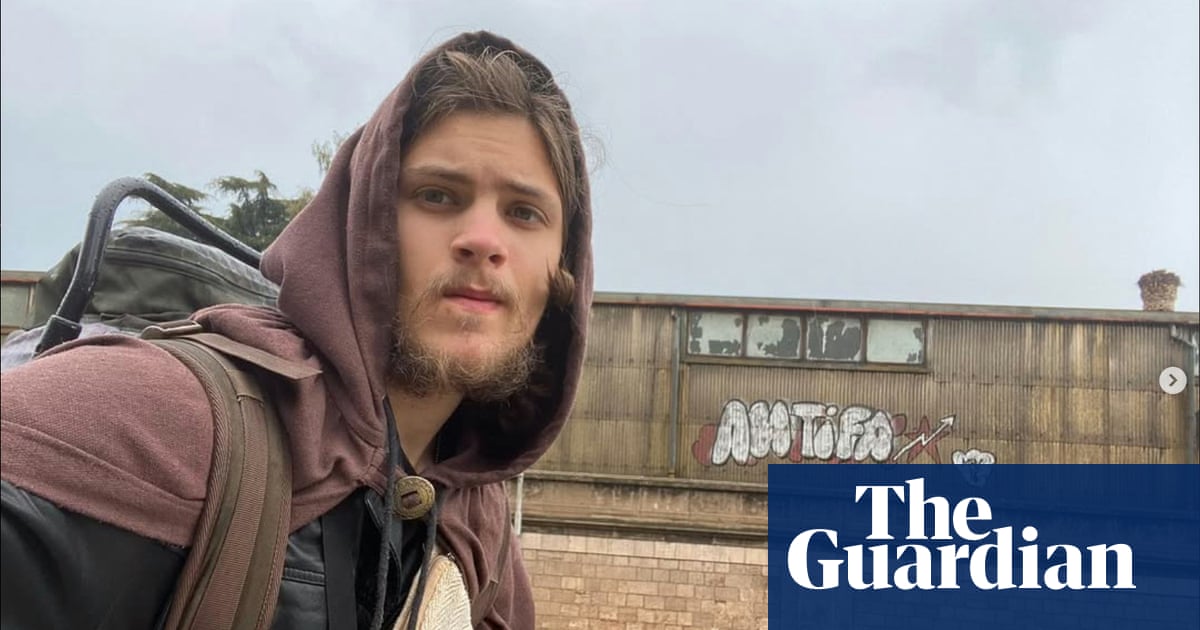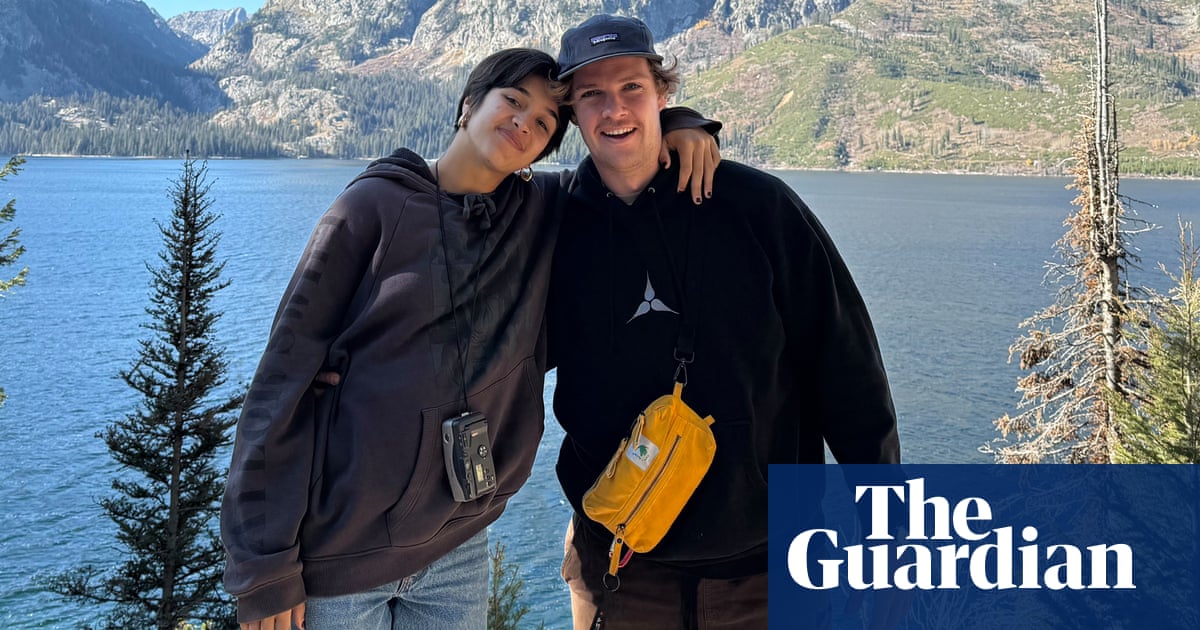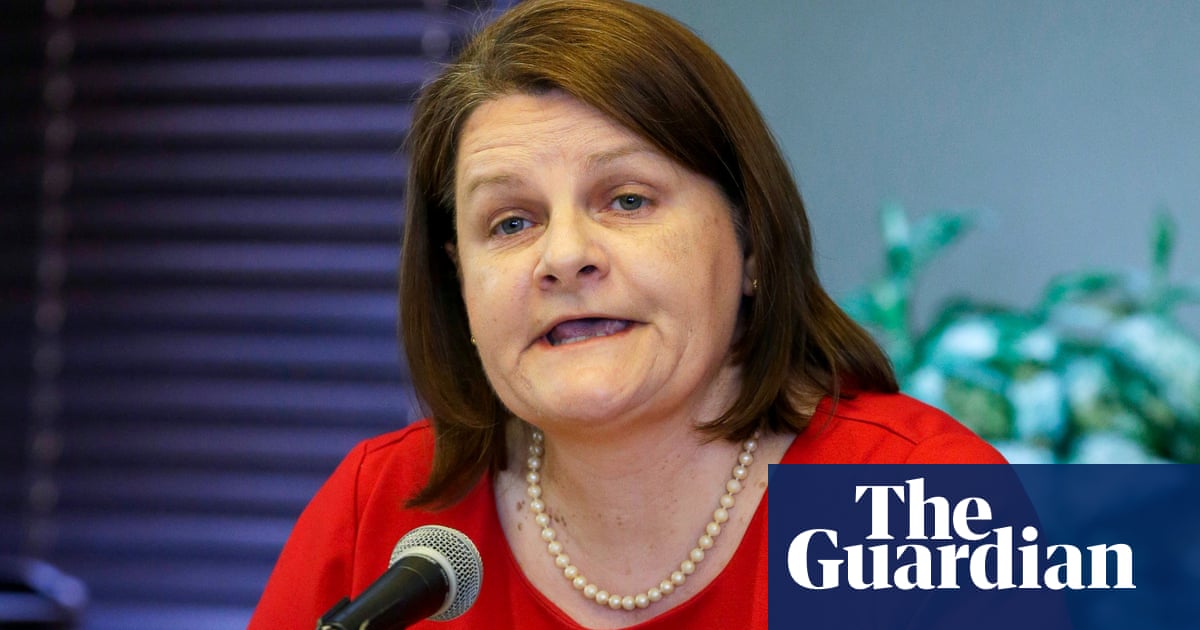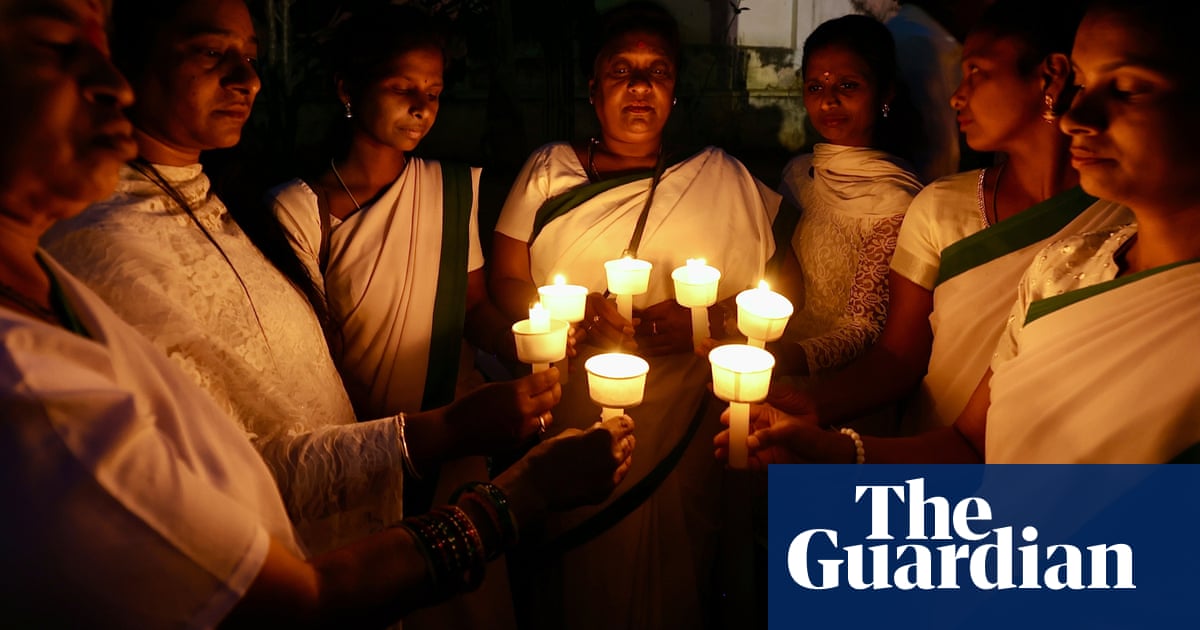New guidelines will be issued this week for the UK’s creative industries after a series of scandals including reports of inappropriate behaviour by Gregg Wallace and Gino d’Acampo, and bullying allegations on the BBC’s Strictly Come Dancing.
The Creative Industries Independent Standards Authority (CIISA) will set new standards with the aim of stamping out bullying, harassment and discrimination, and address “power imbalances”. The guidelines call on organisations to create reporting mechanisms and ways to learn from previous scandals, as well as safe and inclusive working environments.
Jen Smith, chief executive of the new body, said the standards could be adopted widely in commissioning agreements, contracts and awards criteria. “Then no one can say, ‘I didn’t know’ or ‘It wasn’t clear’,” she said.
The CIISA was created by Dame Heather Rabbatts, who saw the need for an independent body to hold all creative industries to account. Rabbatts had founded Time’s Up UK in 2018 in the wake of the #Me Too movement. Smith was previously director of culture and inclusion at the British Film Institute and in the aftermath of the Harvey Weinstein scandal helped draw up a set of standards to combat harassment in the screen industries.

“People don’t currently feel as safe as they should in the creative industries,” Smith said. “We needed clarity around what it meant to be in a safe working environment.”
She added: “What came to light is that part of the infrastructure of the creative industries was missing. You’ve got a workforce that don’t have HR departments. What people really needed was a safe, confidential place to raise concerns, seek advice, get help. For creative sectors, there was this gap. Where do you go? Who has … independent oversight and who can provide impartial advice?”
In research carried out in May 2024 by Bectu, the union for workers in the creative industries, 84% of respondents said the sector needed an independent body to investigate, report and prevent harassment.
The fact that the creative industries, especially film and television, mostly comprised freelancers and small companies had exacerbated issues of poor behaviour, Smith said. People feared that speaking out would cost them work, while freelancers who did want to speak up were often unclear about who to report concerns to.
In the Film and TV Charity’s Looking Glass report 2024, 41% of respondents to a survey said they’d experienced bullying, harassment or discrimination in the previous 12 months. More than half said they didn’t report this to anyone – of those who did report, 21% said the situation got worse.
CIISA will not have enforcement powers, so it will rely on the creative industries to commit to the standards. However, breaches can be reported to the organisation and it will offer legal advice, arbitration and mediation, as well as support for individuals to access criminal justice or employment tribunals where appropriate.

Smith said the CIISA had support from the government and that she had met Lisa Nandy, the culture secretary. Last week, Nandy warned the TV industry that it must address standards of behaviour, following recent allegations against d’Acampo, the celebrity chef. Nandy told ITV News: “If the industry can’t get its own house in order, we are prepared to step in … The time for action is long overdue.”
after newsletter promotion
D’Acampo “categorically denies” allegations of inappropriate sexual behaviour. A statement from his legal team says: “This is the first time, six years later, he has been informed of these alleged incidents, and he does not accept them.”
Wallace’s lawyers have said the suggestion that he engages in behaviour of a sexually harassing nature was entirely false.
The CIISA will initially focus on the screen, stage and music sectors, but aims to cover others such as gaming, publishing and fashion in the future.
A cross-sector approach is vital in spotting patterns of behaviour, Smith said. Allegations made about Wallace, the BBC MasterChef presenter, suggested that even where allegations were reported to one individual or company, it was unclear if information was shared, or who had responsibility to act.
There needs to be “one entity, where people can report confidentially and safely, and we can build up [a] picture of concerning behaviour and deal with it appropriately,” Smith said. “You shouldn’t be having historical issues that have gone on for so long.”
The CIISA hopes the creative industries can learn from past failures. “We’re seeing repeated stories in the press,” Smith said. “When things go wrong, how do we prevent that from happening again?”

.png) 2 months ago
41
2 months ago
41

